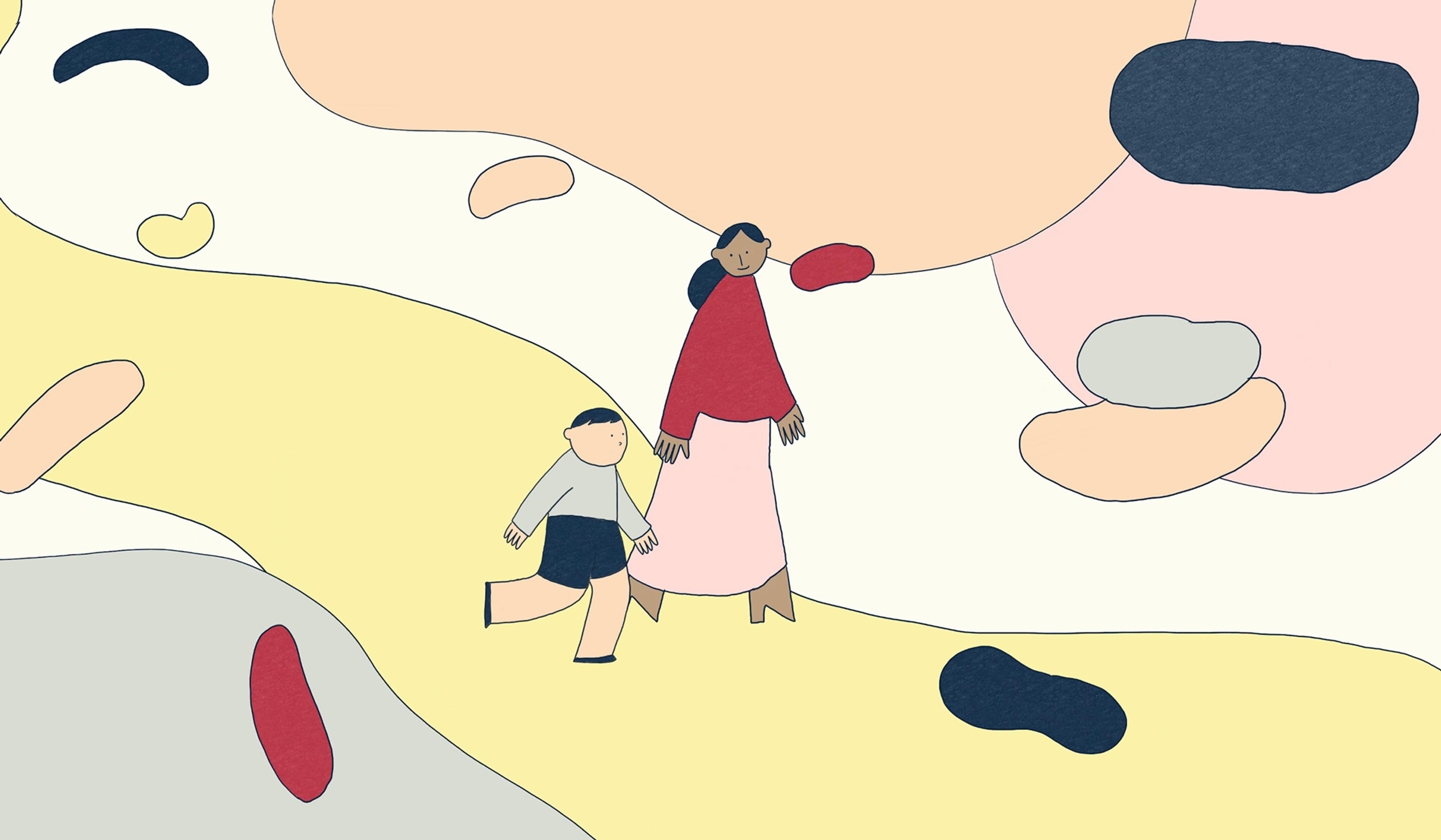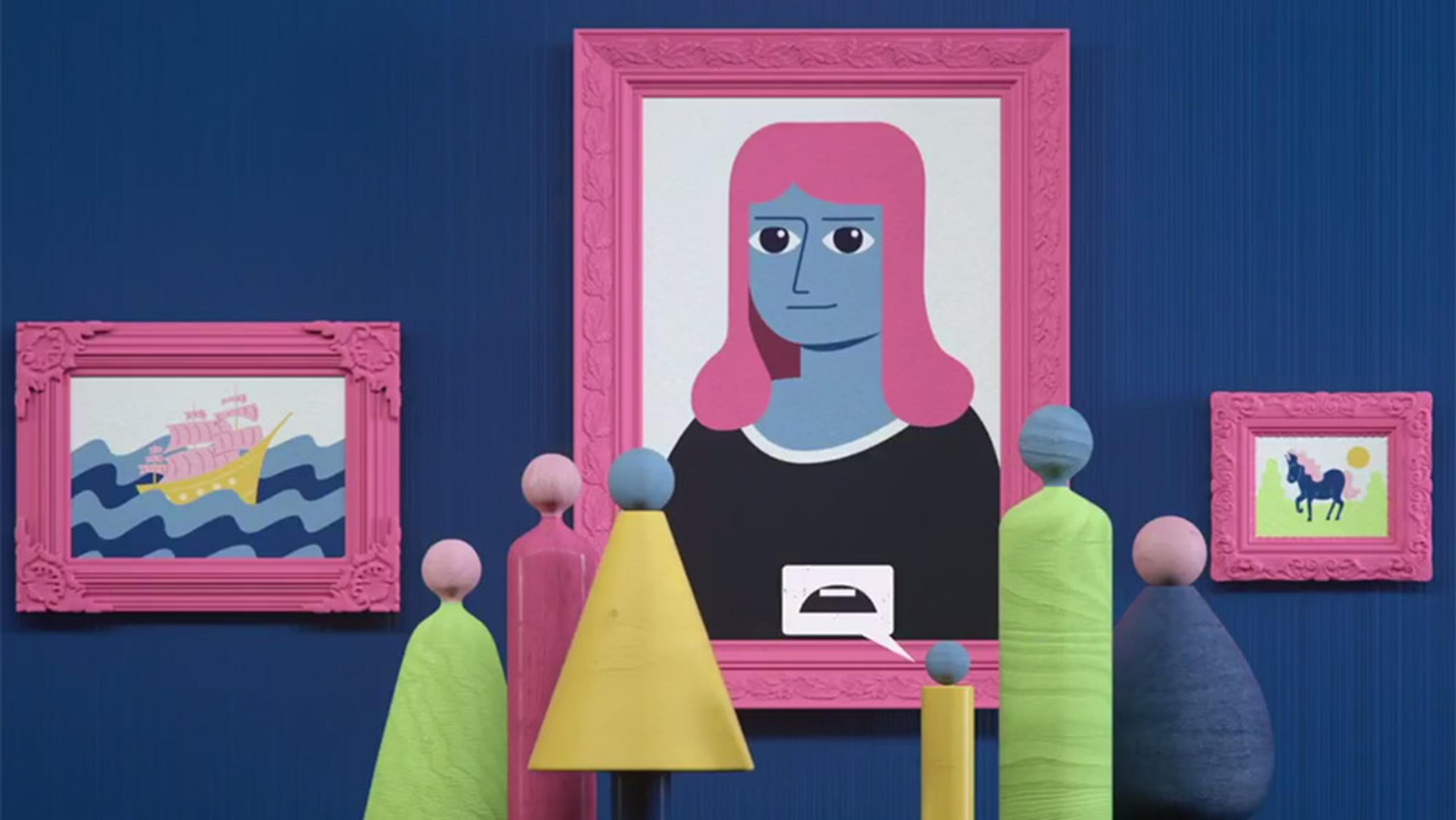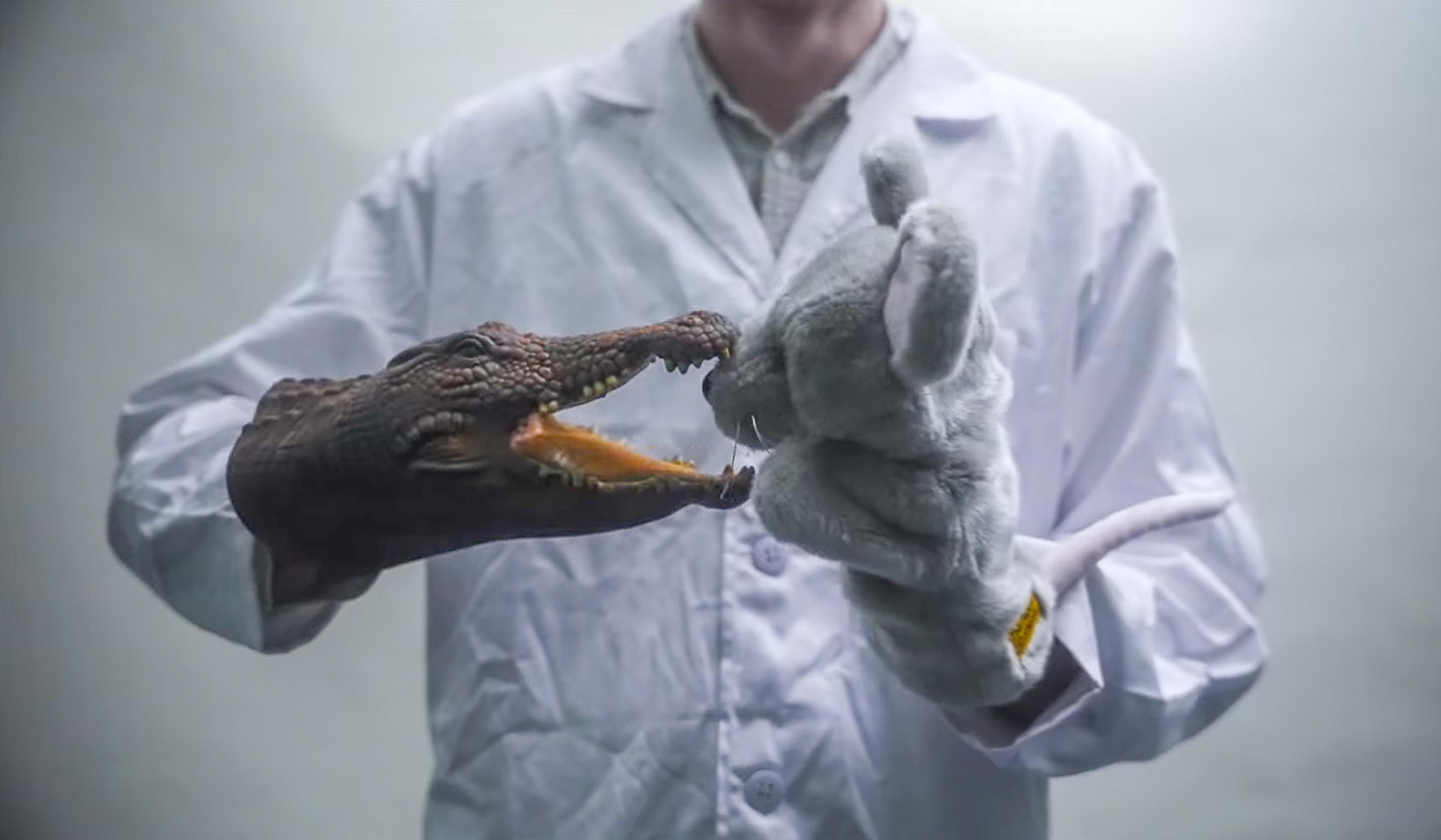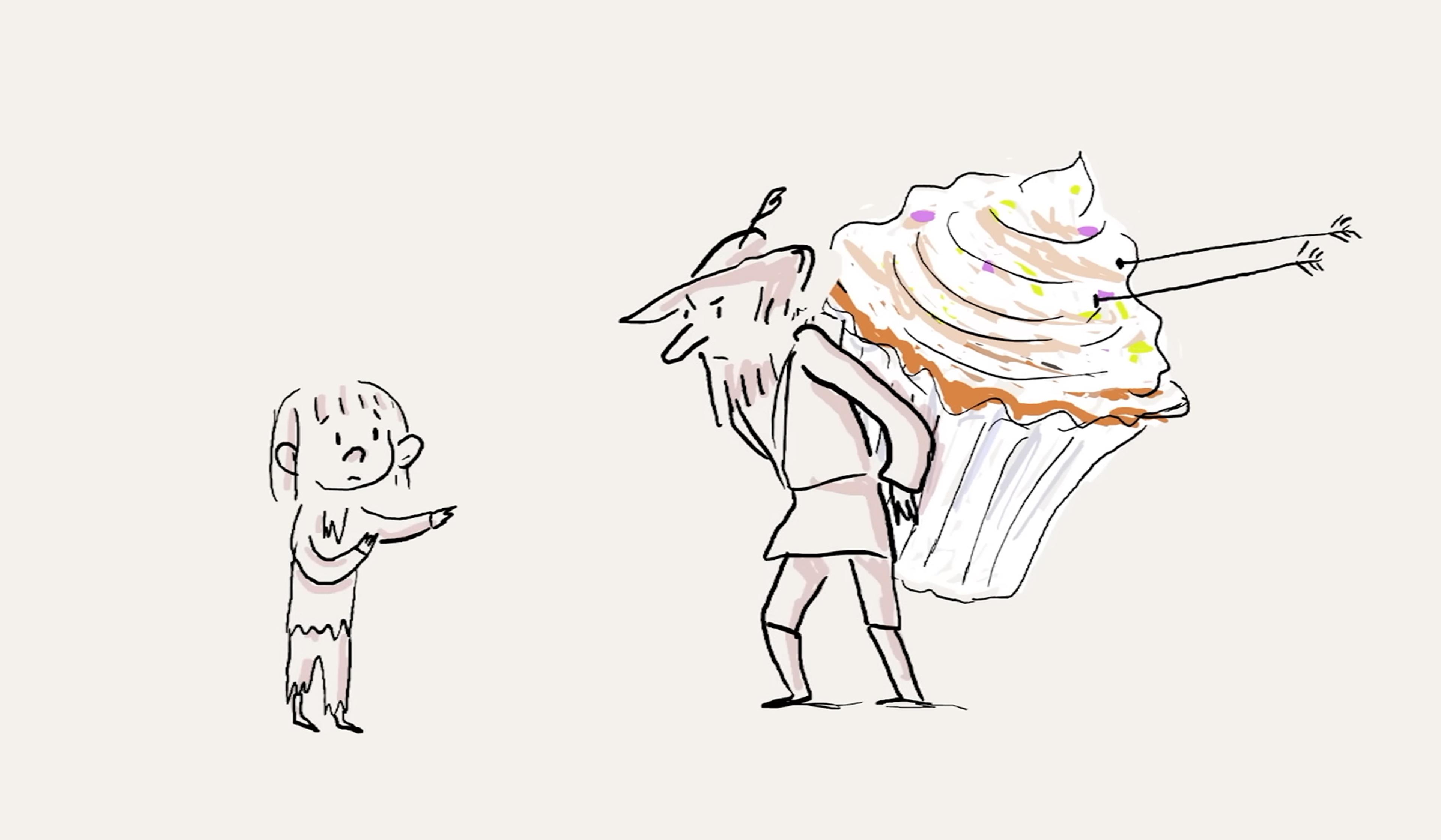From heirlooms to collectables to clothes, our self-image tends to extend well beyond our skin and into our things. While just how attached to possessions people are varies by culture, decades of research has shown that connecting with objects is a hard-wired part of being human. Scripted by Christian Jarrett, deputy editor of Aeon’s sister publication, Psyche, this playful TED-Ed animation takes a brief dive into what’s known as the ‘endowment effect’ – or the tendency of humans to place a disproportionately high value on the things they view as their own. Drawing from some of the most fascinating and telling studies conducted on the topic, the short video touches on the many (sometimes surprising) ways in which we imbue our things with meaning.
Feeling connected to objects is a fundamental – and fraught – part of human nature

videoPhilosophy of mind
Caring for the vulnerable opens gateways to our richest, deepest brain states
7 minutes

videoFamily life
The precious family keepsakes that hold meaning for generations
10 minutes

videoNeuroscience
On the ‘beholder’s share’ – how past experience influences our perception of art
5 minutes

videoDeath
Even in modern secular societies, belief in an afterlife persists. Why?
9 minutes

videoPhilosophy of religion
How wonder – the linchpin of inspiration and inquiry – makes humans unique
4 minutes

videoEthics
For Iris Murdoch, selfishness is a fault that can be solved by reframing the world
6 minutes

videoPhilosophy of mind
It’s easy to get caught up in constructing our selves, but what does it cost us?
3 minutes

videoHistory of ideas
For proof that love is timeless, consider how long philosophers have debated it
6 minutes

videoNeuroscience
How perception leaves the door open for augmented reality to transform our world
4 minutes